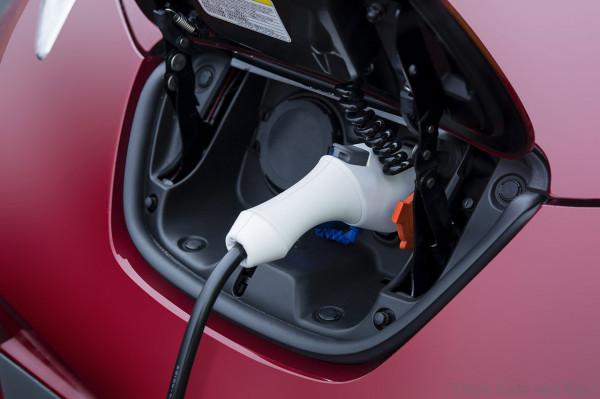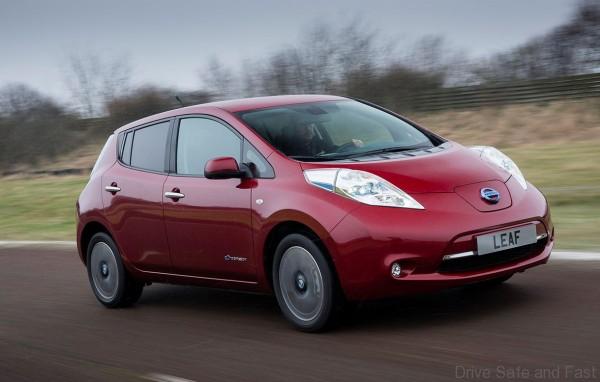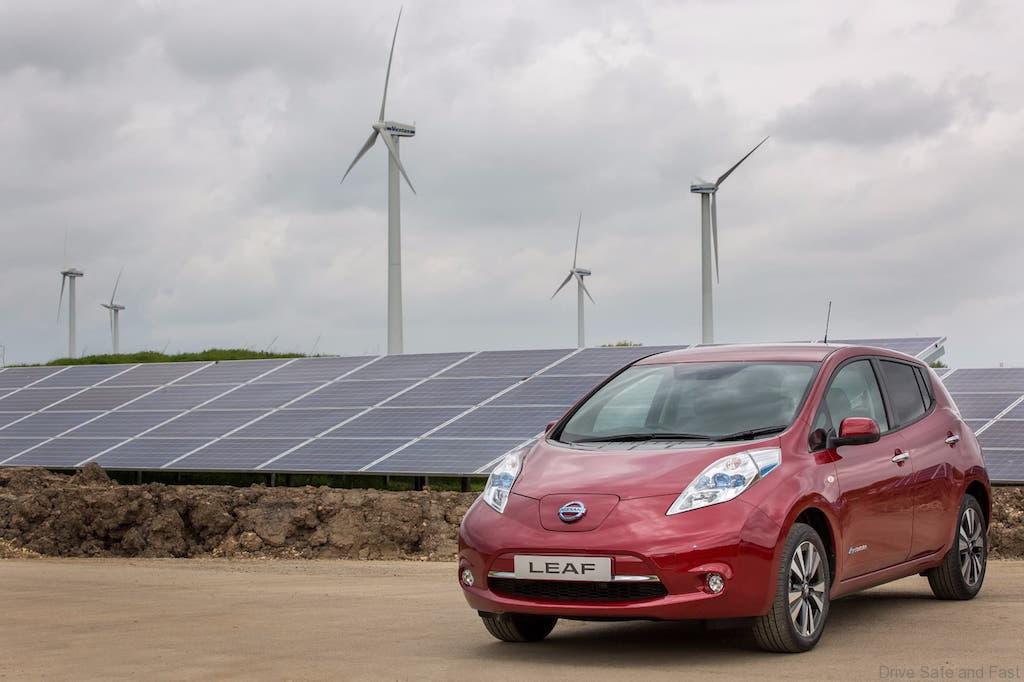Nissan Motor Co., Ltd. today published its annual Sustainability Report showing that the global automaker’s carbon dioxide (CO2) emissions have fallen by 22.4% over the past decade.
Nissan’s success in reducing emissions, promoting zero-emission vehicles and saving energy at its facilities has made it the highest-performing automotive company tracked by the Carbon Disclosure Project, which works with thousands of companies to tackle climate change.
Hitoshi Kawaguchi, Nissan Chief Sustainability Officer, said: “We aim to deliver further environmental progress in addition to promoting all electric vehicles and pursuing efficiency, on energy and resource diversity, efficiency and recycling in the current year, as part of the Nissan Green Program. This reflects the continued efforts of all Nissan employees and partners, in line with our mid-term corporate objectives.”
Improvements in sustainability reflect initiatives such as the Nissan Energy Saving Collaboration (NESCO), which measures energy loss at Nissan plants. Last year, the company also formed a new team – Resource NESCO – with a mandate to improve water usage and increase the use of recycled materials by 25% for newly-launched models in fiscal 2016.
Progress on sustainability at Nissan has accelerated thanks to the success of the Nissan Green Program, first introduced in 2002. The most recent version, NGP2016, set ambitious targets to cut Nissan’s environmental impact and resource consumption by 2016.

Carbon Footprint Minimization
The latest Sustainability Report showed that the level of CO2 reduction at Nissan facilities represented a 22.4% improvement over the levels in FY2005.
Nissan’s measures to reduce emissions include the following:
- Nissan UK has installed 19,000 solar panels to join 10 wind turbines at its Sunderland plant, generating enough power to build more than 31,000 cars every year. The power derived from the solar panels and wind turbines accounts for 7% of the plant’s total usage.
- Nissan Mexico’s use of renewable energy sources, including wind power energy and biomass, accounts for 50 % of the energy used at the Aguascalientes plant since 2013.
- Among new methods to increase clean energy use in Japan by 8% to 16%, Nissan improved energy procurement at manufacturing plants that require a large volume of electricity, including the Technical Center, Tochigi Plant, Oppama Plant, Yokohama Plant and Zama Operation Center.
Efforts to reduce energy consumption and emissions at facilities coincided with continued innovation in the development of zero-emission vehicles.
Nissan was among the first auto makers to address the world’s environmental concerns, as well as the expectations of the next generation of customers, with the launch of the LEAF, the world’s best-selling electric vehicle (EV).
Zero emission vehicle penetration
More than 200,000 Nissan LEAFs have been sold since the vehicle was introduced. The company has also enhanced the consumer appeal of zero-emission vehicles with initiatives such as:
- The “No Charge to Charge” program in the United States, which provides free access to charging stations for two years with the lease or purchase of a new LEAF, has expanded to 15 cities, including San Francisco, Los Angeles, Seattle and Portland.
- In Europe, Nissan partnered with the power management specialists, Eaton, to ensure that the batteries that power electric vehicles work to mitigate the impact of climate change long after the life of the car. This is achieved by creating commercially viable energy storage and control centers that provide a sustainable ‘second life’ for Nissan’s lithium-ion batteries after their automotive usage.
- Nissan partnered with Enel, Europe’s second-largest power company, to develop an innovative Vehicle 2 Grid system that allows drivers as well as energy users to operate as individual “energy hubs” with the ability to use, store and return electricity in excess to the grid.
- Electricity stored within the LEAF’s high-capacity lithium-ion batteries can be supplied safely and conveniently to a home through the LEAF to Home power supply system.
- In FY2015, 1119 charging stations were installed at domestic sites in Nissan throughout Japan to expand EV usage for commuting.

Nissan is dedicated to improving in four main areas: zero-emission vehicle penetration, fuel-efficient vehicle expansion, corporate carbon footprint minimization and new natural resource use minimization.





